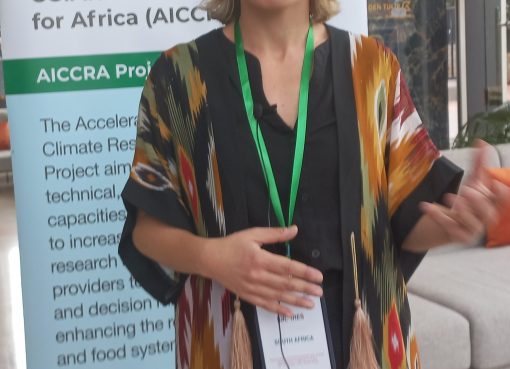The Chief Justice and President of the Supreme Court of Kenya Justice Martha Koome has underscored the role of the courts in giving direction to the Bi-cameral House in ensuring the two Houses of Parliament, develop legislations that are in harmony with the Constitutional framework that gave birth to devolution in the country.
In her virtual address to the senators who are holding a five-day induction training in Naivasha, Justice Koome cited various legislations, which the courts have delivered in the past, when there was a disagreement between the Senate and the National Assembly, for instance on revenue allocation.
One of the examples cited is on a case that was filed seeking legal interpretation on what should happen when the Office of the Deputy Governor is vacant.
In this case, the court in 2018 ruled that in the absence of a law on how another Deputy Governor should be appointed; the Governor shall within fourteen days, nominate a person to fill such vacancy and the County Assembly shall vote on the nomination within sixty days after receiving it.
The Chief Justice said the courts in an emerging constitutional democracy like Kenya serve both a protective role and a constructive role.
In their protective capacity, she said, courts serve to defend fundamental elements of the constitutional order from being altered or destroyed.
“In such contexts such as ours with a history of authoritarian rule, characteristic of many fragile African democracies, judicial review reinforces democratic governance by safeguarding core structures of democracy from being eroded, for instance, whenever the legislative chambers have not agreed on division of revenue between the two levels of government, despite the commencement of a new financial year,” Koome said.
She however noted this recurrent stalemate has often led to delayed disbursement of funds to County Governments.
Koome further said in aspiring democracies like Kenya, judiciaries have the potential to build a culture of constitutionalism through the constructive role of the courts, which involves building and developing foundational principles of an emerging constitutional order, which serves to protect Devolution and other institutions enshrined in our constitution.
“Thus, the Judiciary generally and the Supreme Court in particular, is developing rich indigenous jurisprudence that has protected the spirit of devolution and has also enabled institutions established under our devolved system of government to function and the Courts have done this by adopting a purposive approach to constitutional interpretation,” the Chief Justice said.
She said Kenya`s institutions are still fragile and need nurturing and support to discharge their functions and called on all the arms of Government to work together to serve the people and achieve the promises of the 2010 Constitution, including enabling the devolved system of government to work optimally.
Koome spoke on the topic: “The Senate and the Judiciary: Reflecting on Emerging Jurisprudence on Kenya’s Devolved Governance.”
The senators will be inducted into how the business of the House is conducted and the roles of the Senate.
They will also be enlightened on the relationship between the Senate and the National Assembly and other Government bodies as well as the country’s foreign policy, among other issues.
By Mabel Keya



